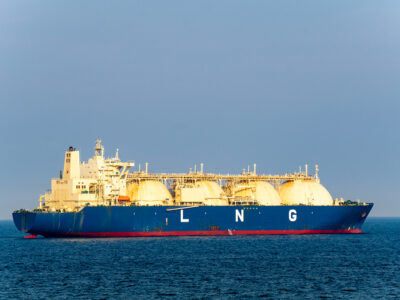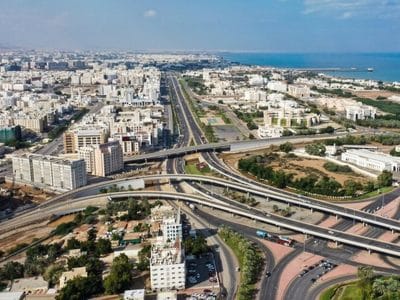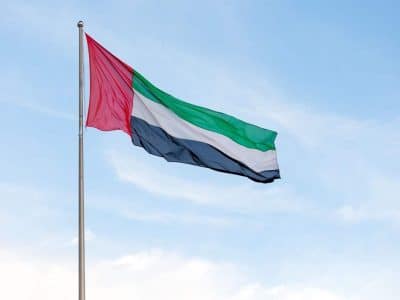OPEC has been chasing higher oil prices and subsequently destabilising the crude oil market, despite their philosophy of ensuring market stability, according to Emirates NBD’s Commodity Analyst.
Although there has been a recovery from where the prices were at the start of 2019, they’ve not gone far enough to reach breakeven levels for many of the GCC economies.
“The official strategy of OPEC is that they want to ensure market stability in terms of supply going out to the market and prices are a consequent factor. But higher oil prices lead to more comfortable fiscal positions and more comfortable external balance of payments for a lot of these economies,” said Edward Bell.
“So when we look at the track record certainly seems like OPEC is engaged is the act of market management in the last two years, but I’d say their actions have been rather destabilising towards the crude oil market”, he added.
Has their strategy been successful? “Partly, not entirely”, he says.
According to him, it has introduced a new variable of uncertainty in the market. There is still no clarity on how long these cuts are going to stay in place and for how long OPEC economies can withstand the impact in terms of overall output and GDP growth the longer they keep oil off the market.
“What we have seen this year, OPEC has agreed within their own members to cut its own production by 800,000 barrels. This is topped up by partners like Russia, Kazakhstan, and Mexico to total 1.2 billion barrels a day being taken off the market. The prices reaction response to this has been that we have seen a recovery of the prices from the start of 2019, but they haven’t gone far enough away to reach breakeven levels for a lot of the economies here in the GCC”, he said.








